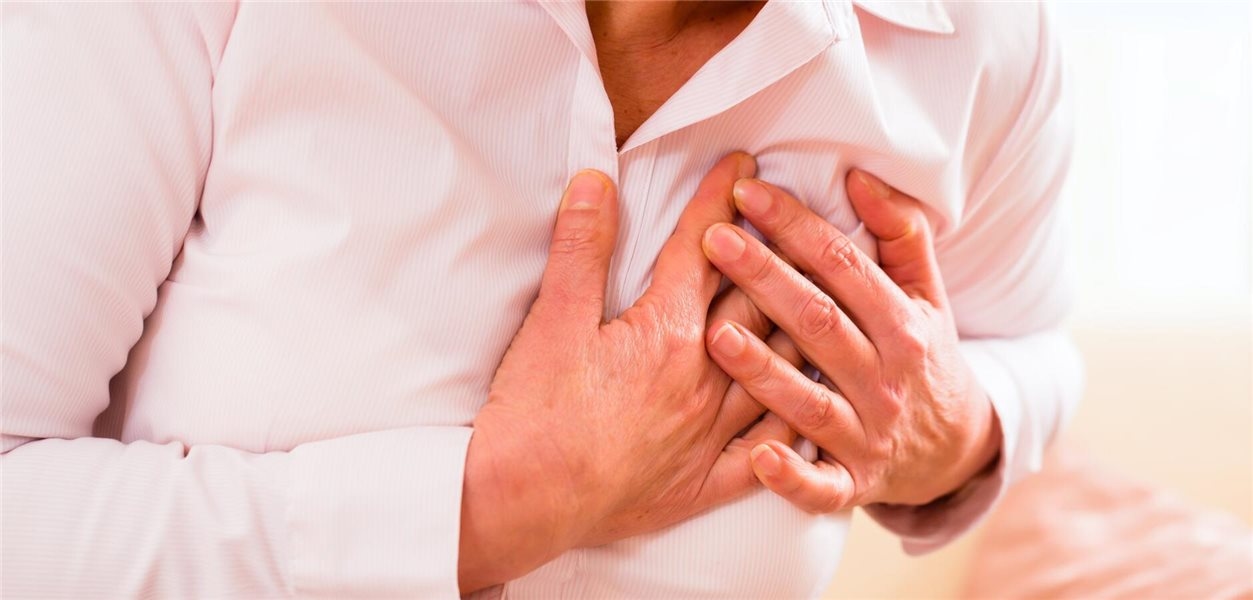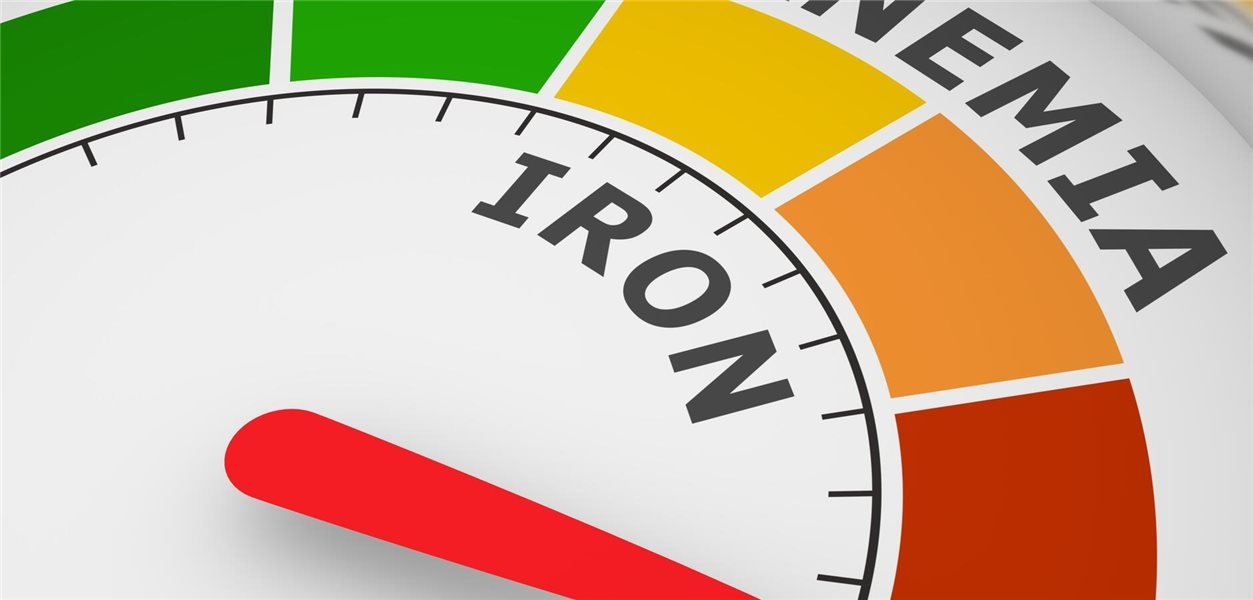Heart attack: warning signs sometimes appear weeks in advance



A heart attack can be predicted in advance. / © Adobe Stock/HNFOTO
A A heart attack is a medical emergency, and you should call 112 immediately. However, according to the German Heart Foundation, sometimes there are warning signs weeks in advance that require you to at least visit a doctor's office.
First of all: What exactly happens during a heart attack? A heart attack occurs when the blood vessels that carry The arteries that supply the heart with oxygen and nutrients—the so-called coronary arteries—can become blocked. This occurs because, among other things, calcium deposits build up in them.
Because this is a gradual process, symptoms often appear before the blockage occurs, when the vessels are already narrowed. This is referred to as coronary artery disease.
A common symptom of coronary heart disease is the so-called angina pectoris: You feel Pain and a feeling of pressure or tightness in the chest make it difficult to breathe. If these symptoms occur during physical exertion and improve with rest, it's advisable to see a doctor.
But even milder symptoms can be precursors to a heart attack and should be medically investigated, according to the Heart Foundation: for example, if you have had problems climbing stairs for more than two weeks, feel weak, experience unexplained shortness of breath, or tire easily.
Things become critical when angina pectoris—pain, pressure or tightness, and shortness of breath—suddenly occurs even at rest. This can indicate an imminent heart attack. This phase can last several weeks, but sometimes only a few hours.
Especially if you wake up at night with chest pain, you should call 112 immediately.
During a heart attack itself, every minute counts because there is a risk of permanent heart failure and even cardiac arrest. Typical symptoms include:
- sudden onset of severe pain in the chest or behind the breastbone lasting longer than five minutes
- Pain that radiates to other parts of the body such as arms (usually left), upper abdomen, back, neck, jaw or shoulder blades
- strong tightness and pressure in the chest – a feeling as if an elephant were sitting on one’s chest
- severe burning in the chest, which may feel like heartburn

pharmazeutische-zeitung





